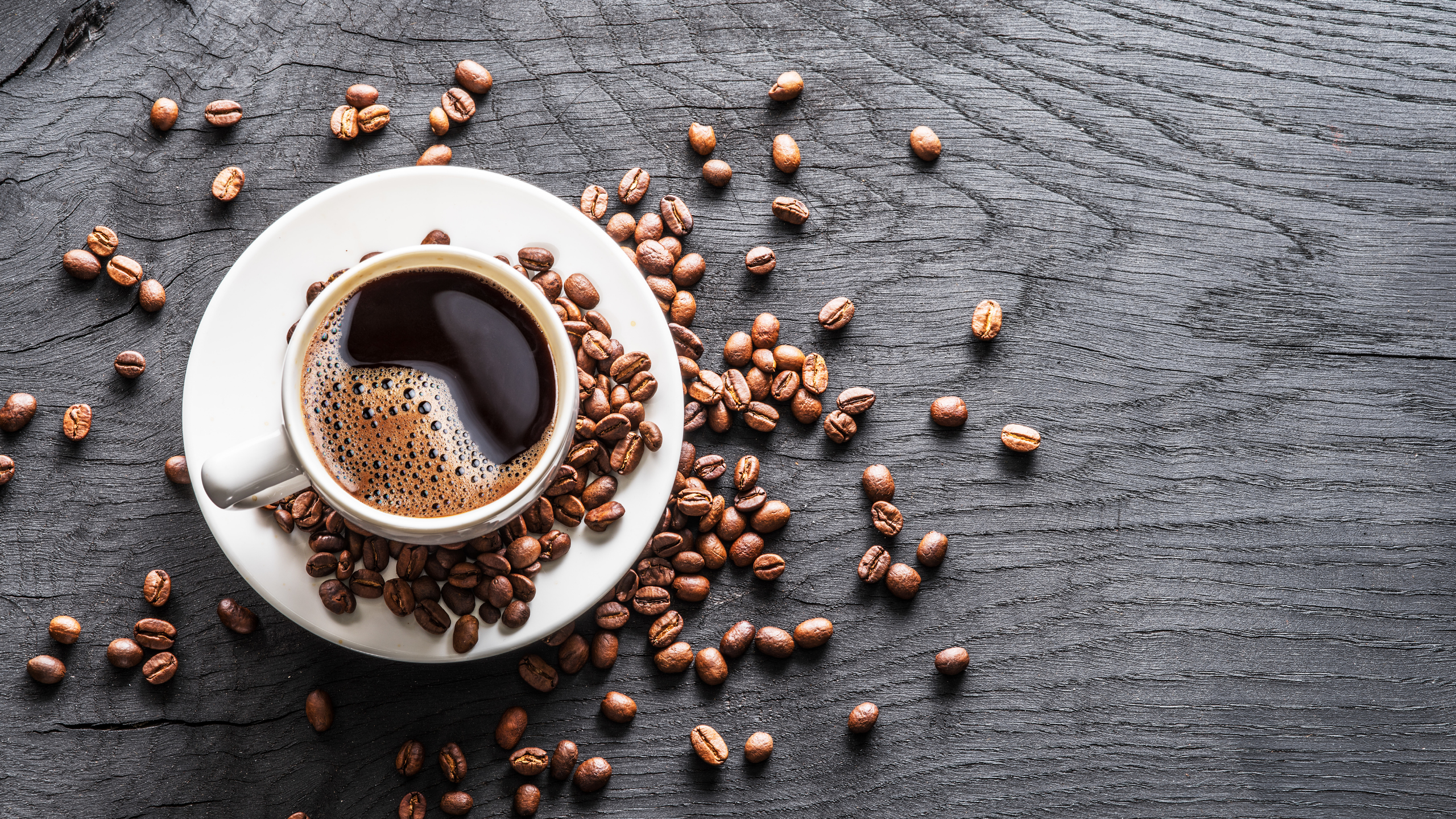Cancer is one of the leading causes of death worldwide. While there are many factors involved for this complex disease, studies have shown that what you put on your fork could make a difference when it comes to prevention. Before diving into which foods are associated with an increased cancer risk, let’s first examine what is cancer and the known risk factors.
What causes cancer?
Cancer is a disease that is caused by mutations to the DNA within cells, which changes the way they function, grow, and divide. Cancer can form anywhere in your body, and there are many different types, with some forms being more dangerous than others.
The most common cancers are breast, liver, colorectal, and lung [29]. Depending on the specific type (and grade) of cancer, symptoms can include fatigue, weight loss, pain, skin changes, lumps, or tissue masses.
Risk factors
Cancer is a complex disease, however, there are a number of risk factors that could contribute to your risk. Risk factors for cancer include:
Age: As you age, your body has a more difficult time eliminating damaged DNA cells, which can increase the amount of cancerous cells in your body [26].
Family history: Your chances of getting cancer are higher if someone in your related family has previously been diagnosed.
Sun exposure: Excess sun exposure can lead to many different types of cancers (such as basal cell, squamous cell skin cancer, and/or melanoma).
Obesity: Studies have found that up to 20% of all cancer deaths are obesity related [3,4]. Excess body fat can lead to include long-lasting inflammation and elevated levels of insulin, insulin-like growth factor, and sex hormones, all of which can increase cancer risk [5,6].

Smoking: According to the CDC, those who smoke are 30 times more likely to get lung cancer than those who don’t smoke [28].
Alcohol consumption: Chronic alcohol use (> 4 drinks/day for men or > 3 drinks/day for women) increases the chance for cancer due to DNA mutation, inflammation, and the formation of acetaldehyde [18, 19].
HPV: More than 90% of anal and cervical cancers, 70% of vaginal and vulvar cancers, and 60% of penile cancers are caused by HPV [30].
Foods that increase cancer risk
Research shows that 30% of all cancer cases are linked to poor dietary habits [1,2,7]. Let’s take a look at some specific foods which have been shown to increase your risk of cancer.
Refined carbohydrates
Foods that are processed and high in added sugars (such as sugar-sweetened beverages, white flour, and pasta) have been shown to increase the risk of cancer. These refined carbohydrates tend to spike insulin levels and raise blood glucose levels and are associated with chronic diseases such as diabetes, weight gain, and cancer. Insulin is linked to stimulating cell division and may support the growth of cancer, by increasing cell production and reducing cell death [9,10, 11]. Moreover, when blood sugar and insulin fluctuations occur, inflammation increases, which is associated with breast, prostate, and colorectal cancers [6].

Very hot beverages
Drinking a warm beverage can be comforting, but it can actually be a carcinogen if it’s too hot. Studies have suggested that drinks over 65 degrees C (such as coffee, tea, or other hot beverages) could lead to cancer of the esophagus, as they can cause significant burns [12,13].
Processed meat
The methods used to make processed meat (such as salami, bacon, and hot dogs) have been shown to generate carcinogens [8]. Studies have found that processed meat increases colorectal cancer risk, due to the presence of N-nitroso compounds and polycyclic aromatic hydrocarbons (PAHs) [14,15].
Fried and grilled foods
Eating charred meat has been linked with increased cancer risk. Dangerous compounds (such as heterocyclic amines (HCAs), PAHs, and acrylamide) are formed when beef, pork, fish, or poultry are fried or grilled over an open flame [16]. Moreover, studies have found that HCAs and PAHs cause changes in DNA that may increase the risk of cancer [17].

Alcohol
While the occasional drink isn’t a cause for concern, the cumulative effects of drinking alcohol can take a toll on your health over time. Studies have found a correlation between chronic alcohol consumption and increased cancer risk. Alcohol increases DNA mutation, causes inflammation, and converts into acetaldehyde (a carcinogenic compound that increases the risk of liver, breast, pancreas, and colon cancers) [18, 19].
Learn more about how alcohol affects weight gain and inflammation here.
Top tips for preventing cancer
Incorporating simple diet and lifestyle changes into your routine can reduce your risk of cancer.
Eat a nutritious diet. Eating a well-rounded diet filled with fruits, vegetables, whole grains, fish, and green tea has been shown to reduce cancer risk [25]. These foods are filled with antioxidants, fiber, and phytochemicals which have cancer-fighting and health-promoting properties [20, 21, 22, 23, 24]. For instance, glucosinolates (sulfur-containing compounds found in cruciferous vegetables) decrease inflammation and have been associated with a lower risk of lung and colorectal cancer [27].
Maintain a healthy weight. Research suggests that maintaining a healthy weight might lower the risk of various types of cancer including breast, prostate, lung, colon and kidney cancer [6].

Be physically active. Staying active will not only help with weight maintenance, but it can also lower the risk of breast and colon cancers.
Avoid tobacco. Smoking, chewing tobacco, and secondhand smoke have been linked to various types of cancer (such as lung, mouth, throat, larynx, and pancreas), so, if necessary, seek support to quit.
Age-appropriate cancer screenings. Early detection is one of the best ways to beat cancer, so by participating in regular screening, you will have the best chance of detecting cancer in its early stages and hopefully stop the spread before it gets too far. Cervical cancer screenings can start as early as age 25, with breast and colon cancer screenings starting at age 40 and 45, respectively [31].
Summary
Cancer is a disease which is classified as uncontrolled growth of abnormal cells anywhere in your body. While risk factors (such as age, family history, and obesity) are used to help determine your chances of developing cancer, what you eat can also make a difference. A diet rich in processed foods,, and refined carbohydrates may increase your risk for developing cancer. Conversely, eating a well-balanced diet, maintaining a healthy weight, being physically active, and avoiding tobacco can help mitigate your cancer risk.
Disclaimer: The text, images, videos, and other media on this page are provided for informational purposes only and are not intended to treat, diagnose or replace personalized medical care.

Share:
The best Apple Health metrics for cyclists
Why stress might be thwarting your weight loss efforts